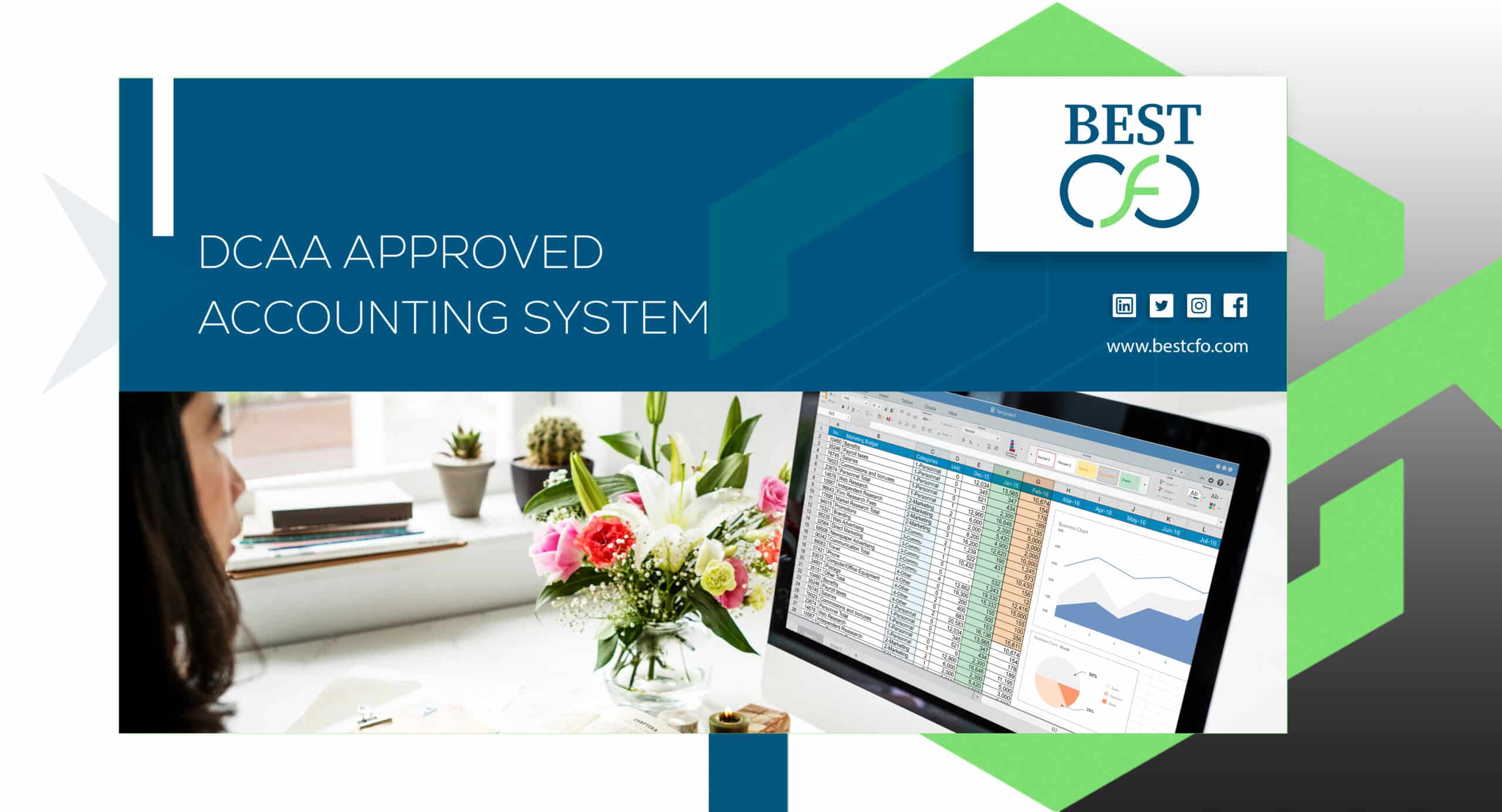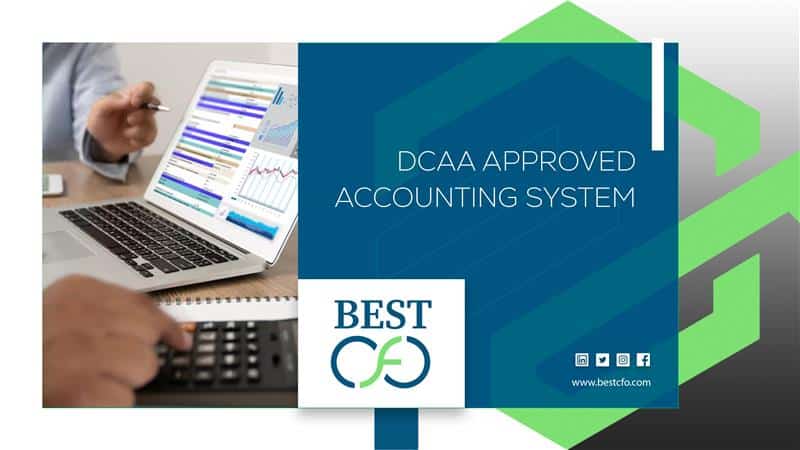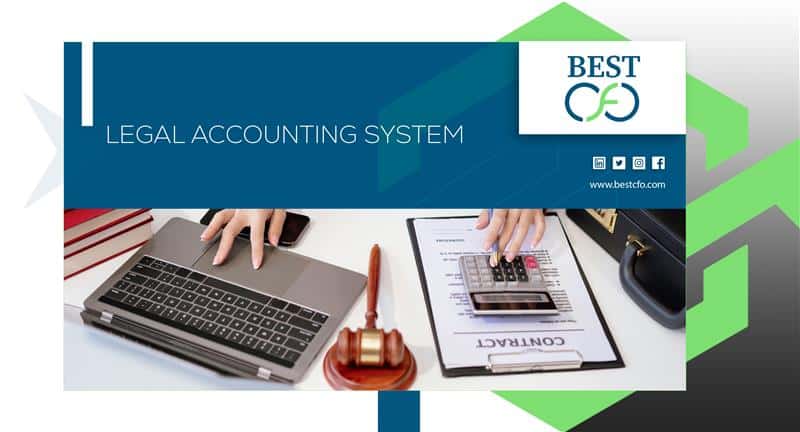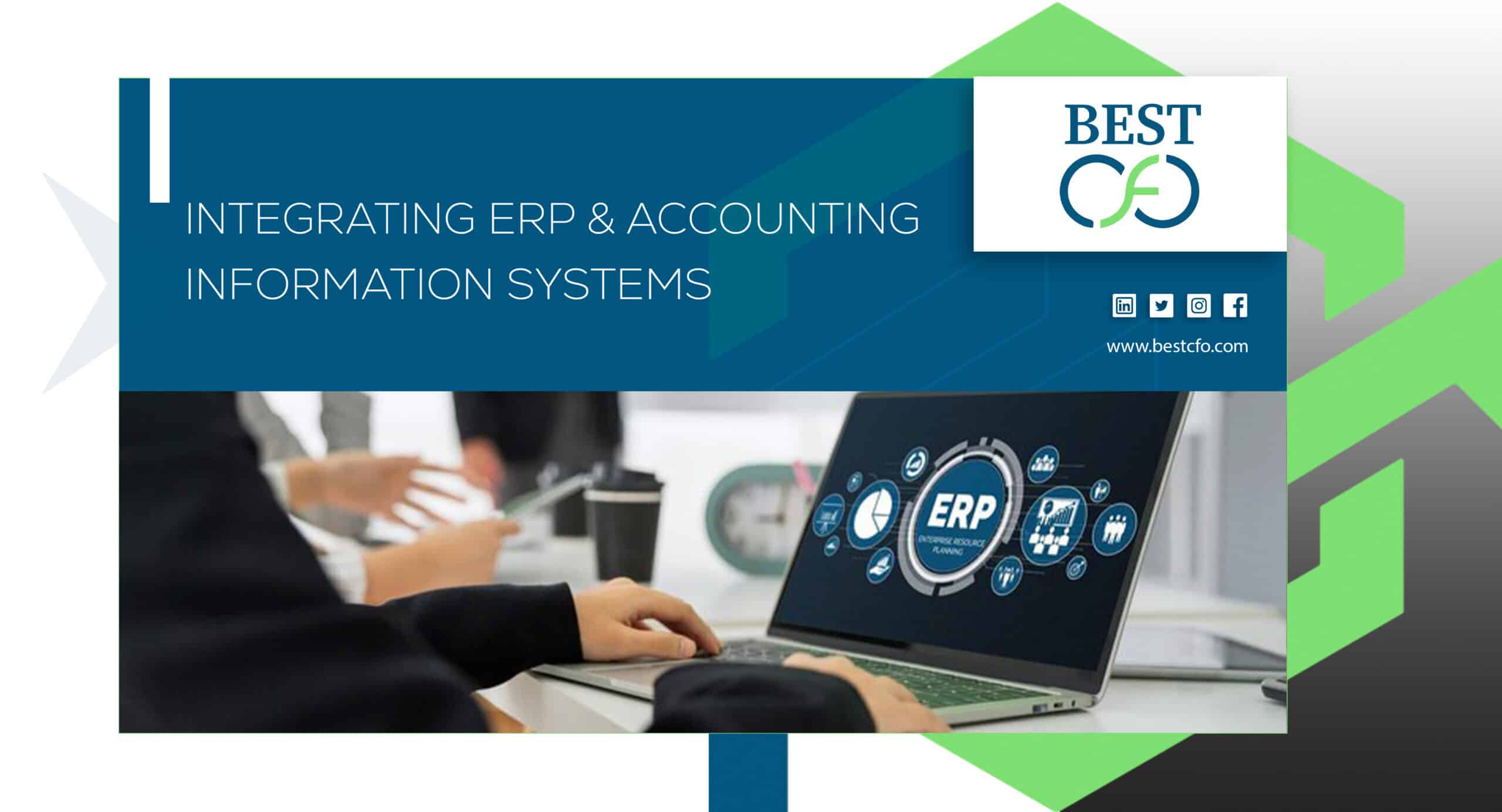
DCAA-approved accounting system: Everything you need to know
When your business firm is shortlisted for a government agreement, it is provided with a sequence of surveys like the Standard Form (SF) 1408. This is basically an evaluation of the structure and design of your existing accounting system to make sure it will be suitable for a potential future government contract. Even Though there isn't an ideal accounting system out there that is accepted by the federal government on the get-go, there are specific prerequisites that can be applied to be compliant for becoming a government accounting system. When it comes to government employees, a systematic plan is essential to illustrate to the government that your accounting system is meeting its specified criteria, as mentioned in the SF 1408. A CPA-certified public accountant can help you in selecting a DCAA-compliant accounting system for your firm. Additionally, they can also provide the necessary requirements for any generic finance firm accounting system.
Understanding a Government-Approved Accounting System
For your firm's accounting system to become a Government-approved accounting system, it must be on par with specific standards: Generally Accepted Accounting Principles (GAAP), Cost Accounting Standards (CAS), Federal Acquisition Regulations (FAR), in addition to some other government standards. The Defense Contract Audit Agency (DCAA) assists in providing regulations and recommendations on the type of software that government employees utilize for their accounting purposes. To become a prosperous government contractor and obtain contracts, a firm must be functional enough to pass a DCAA audit.
Importance of a DCAA-Approved Accounting System
Government-approved accounting systems help you track your financial records, timekeeping, bookkeeping, and other essential accounting needs while simultaneously remaining compliant with the Defense Contract Audit Agency.
Essentials for DCAA-compliant accounting
There are several aspects that your organization needs to fulfill to become DCAA compliant with your accounting system. Here are some essential aspects to look into:
- Utilizing the generally accepted accounting principles (GAAP)
- Exclude and track the unallowable costs
- Compliant timekeeping practicality
- An acceptable exertion of generally accepted accounting principles (GAAP)
- Acceptable cost and transaction collection and documentation
- Severance of pre-contract and contract finances.
Therefore, having a DCAA-compliant accounting system and accurately following the GAAP principles is the most accurate way to ensure compliance with each of the contract requirements. For this endeavor, you can place your trust in time-tested CPAs who have real-world experience with making firms DCAA and Department of Defense (DOD) compliant and making compliance seamless for your business.
To act in accordance with DCAA standards, contractors must make sure to comply with the following DCAA accounting system requirements:
DCAA Accounting System Requirements
Exclusion of Costs
It's essential to isolate the direct and indirect prices to ensure cost allotment and prevent improper billing. This isolation assists in the seamless tracking of finances linked with particular contracts.
Time Efficiency
An exceptional management of time is important to ensure and allocate the employees working hours in a precise manner. Additionally, this also makes sure that the labor costs are accurately imbursed to contracts. Thus, averting the inconsistencies and future audit problems.
Accounting for irrelevant costs
The accounting system must be able to find out and isolate the irrelevant or unavoidable costs, as instructed by the federal regulations. Additionally, to intercept them from being billed by the government and maintaining compliance as well.
Job Order Costing
A functional job costing is essential for surveying all company related expenses accurately. This function allows for accurate measurement of costs with respect to projects. This ensures that all finances are accounted for accurately.
Operational Controls
A robust command of internal controls is essential for ensuring the preciseness and measurement of financial management and reporting. These operational controls assist in ensuring compliance with DCAA standards, protecting your firm from errors and deception.

Measures to guarantee your accounting system is DCAA-approved
To make sure that your firm is in compliance with FAR terms and conditions, it's important to consult with an industry expert who can provide suggestions tailored to your requirements and needs. But, if you don't have the luxury of time, you can take your own steps to prepare for a DCAA audit. The DCAA facilitates a checklist, more commonly known as the DCAA form 1408, to assist prospective contractors in self-auditing their firm's accounting system to meet compliance requirements. Aside from using this list of requisites, you can also follow the following guidelines to make sure your accounting system is on par with DCAA standards and procedures:
System Infrastructure and Authentication
Make sure that the accounting system is capable in terms of design to be according to the DCAA standards and carefully authenticate and document the processes.
Timely Internal Audits
Undertake regular internal audits to make sure that they are in compliance and counter any persisting issues in a timely manner. These audits assist in making sure that your accounting system is parallel with the DCAA standards.
Instruction and training
Facilitate the required training for your employees to make sure they know what they are doing and they understand the DCAA compliance guidelines. This can only be achieved if they know how to use the accounting system accurately.
We face the usual issues while getting DCAA approval.
Getting a DCAA approval can be tricky and challenging due to a variety of factors. The difficulty of making sure that all accounting practices are in line with the DCAA standard is a problematic task for many firms.
Balanced cost isolation is also a usual issue, so as a firm, a business must precisely isolate the direct and indirect costs. Furthermore, making sure that timeliness is maintained by incorporating a timekeeping system that accurately provides the employee working hours is difficult, but it's the most crucial aspect when looking to make your firm DCAA compliant. These factors demand focused, systematic planning, training, and a positive vision to overcome the problems and form a DCAA-compliant accounting system.
Advantages of using a DCAA-approved accounting system
Using a DCAA approved accounting system provides major perks for your business firm. It enhances your chances of securing government contracts, as your compliance with DCAA standards showcases dependability and surness. Furthermore, having a similar system assist in avoiding expensive penalizations and audit failures, this makes sure that financial processes are seamless and precise.
Therefore by having compliance with DCAA requirements, a firm also smoothens their day-to-day operations. Enhancing financial management, and minimizing the risk of non-compliance errors.
De-merits of using a non-government Approved Accounting System
A non-approved government system can cause an increased risk of not obtaining government-issued contracts. What this does is give you an adverse rating, cause you to lose your existing agreements, sustain penalties, and cause suspension from government contracts. A non-approved government system can also bring forth mistakes when paying employees, tax problems, employee disagreements, inaccurate billing, etc. Additionally, not utilizing functional accounting software limits your firm from focusing on more important concerns. So, it is essential to place your trust in an outsourced accounting and bookkeeping firm that provides financial management, financial recording, and bookkeeping services for you, as well as ensure system compliance with the DCAA.
Getting help from the Best CFO for your accounting purposes
When you take assistance from BestCFO for your accounting services, you can rest assured that you are utilizing government-approved accounting systems and guidelines. Our CPAs know the value of DOD policies and all the relevant government agencies to comply with all the necessary procedures that are important for your organization. We can confirm that your accounting system focuses on all the critical data, including financial elements of government-issued contracts, business hours, timeliness, etc.
-
Previous Post
Best Investment Opportunities and Market Trends in 2024
Post a comment Cancel reply
Related Posts
Expensing Capital Expenditures
Expensing Capital Expenditures: Understanding Deduction and Expensing Capital expenditures illustrate the investments that are made…
Legal Accounting System and its features: All you need to know
Legal Accounting System and its features: All you need to know Are you looking to…
ERP Accounting Systems and How Your Business Can Benefit From Them.
ERP accounting systems and how your business can benefit from them Finance firms are always…
Optimizing Accounts Payable with Automation
Due to technological advancements in the field of finance, an ever-increasing number of transactions are…
 Demos
Demos  Colors
Colors  Docs
Docs  Support
Support 














